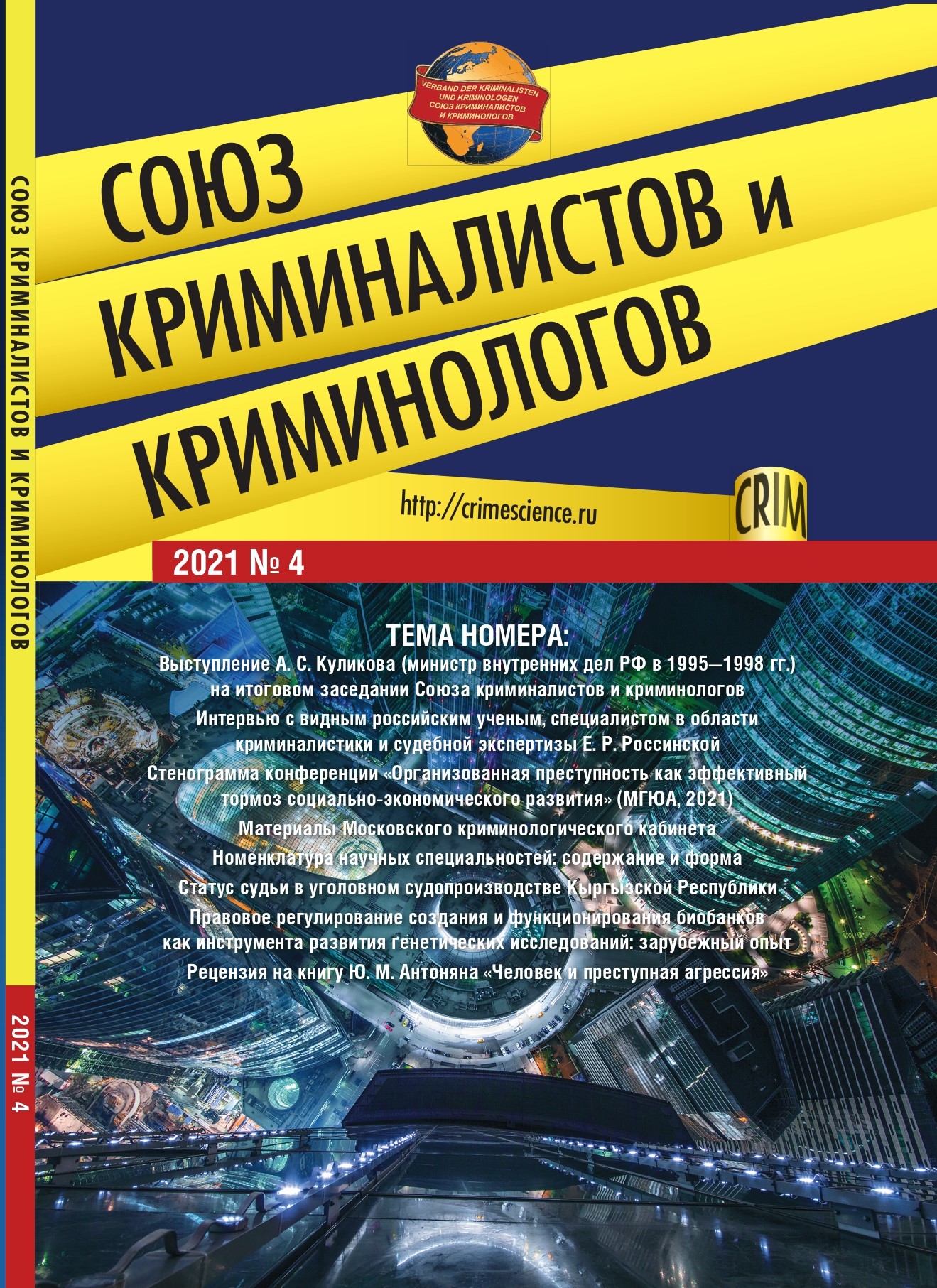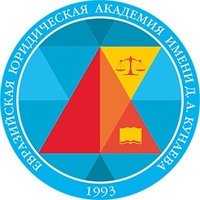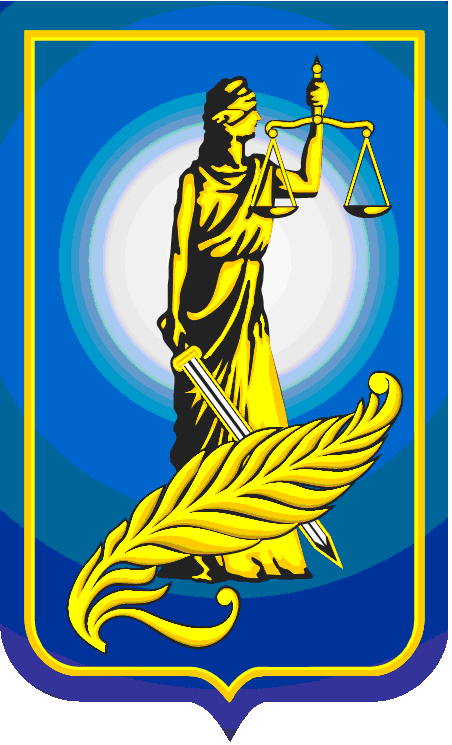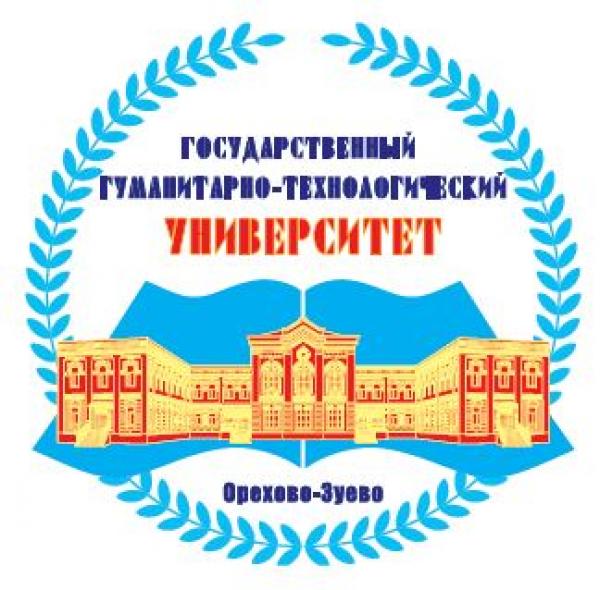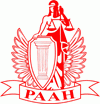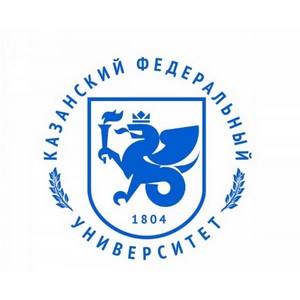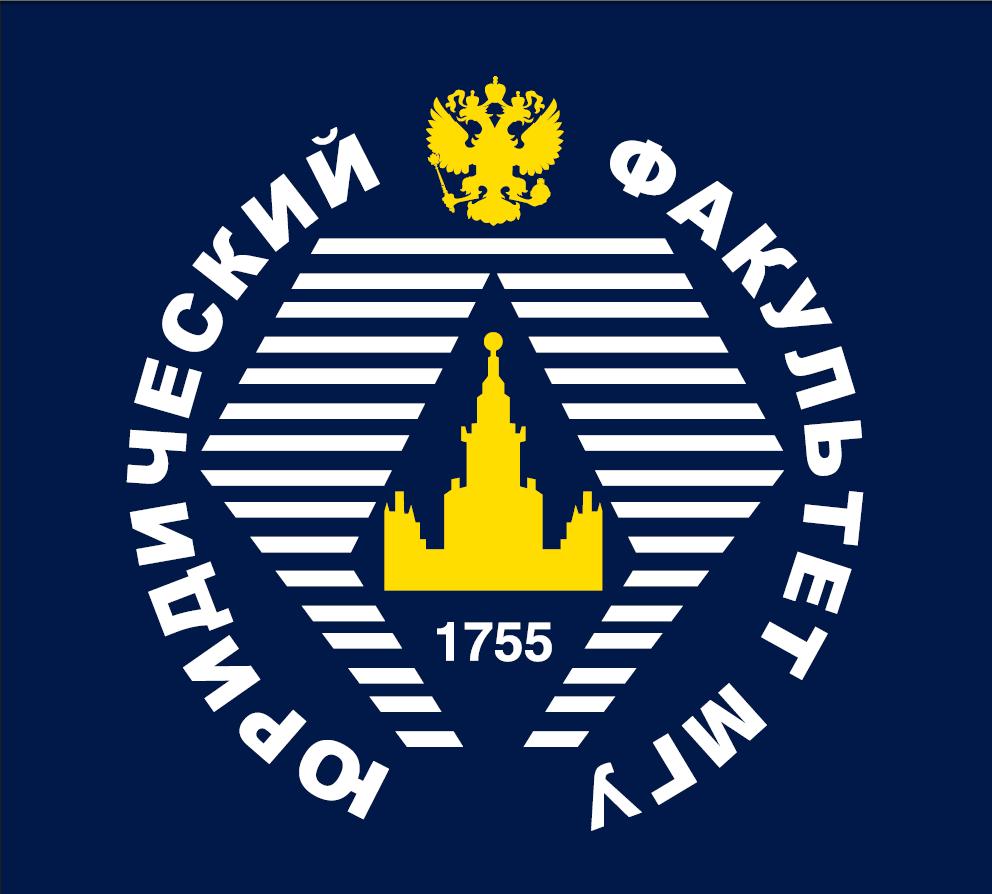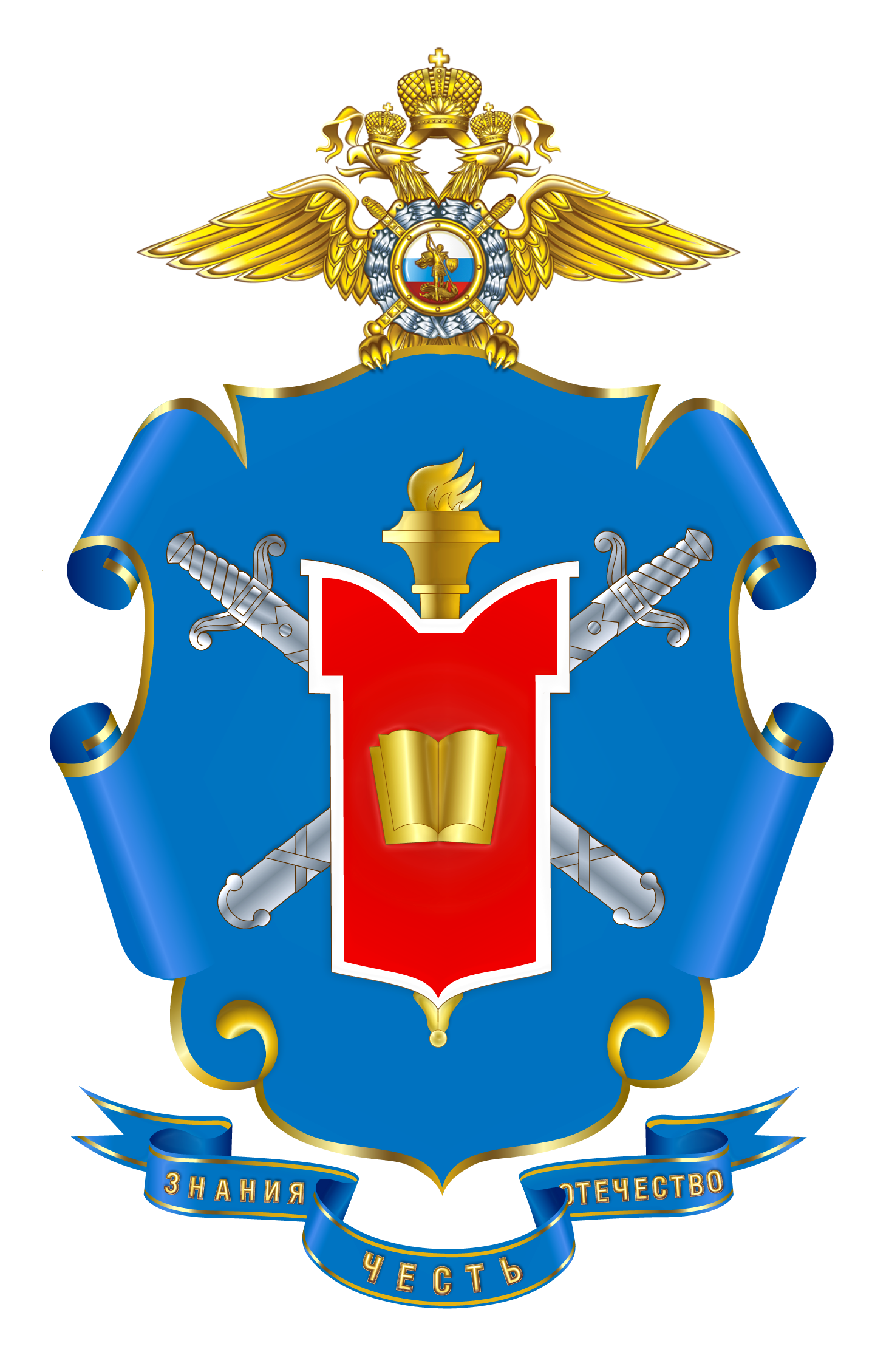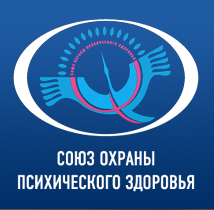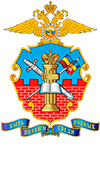On 23 May 1946, Nikolay Zorya, Assistant Prosecutor General at the Nuremberg Trials for the USSR, was found dead in his hotel room in Nuremberg. Next to him was his service pistol. He was killed by a bullet wound to the head.
In 1923, at the age of 16, Zorya entered the Law Facultyat Moscow University, where the rector was the future Prosecutor General of the USSR Andrey Vyshinsky. After graduation, he worked as an investigator in Pyatigorsk, Tambov and Voronezh. He became Deputy Prosecutor General of Railway Transport. Twice he tried to go into science in 1929 and 1933 but each time he was asked to return to the service. This was followed by his appointment to the post of Deputy Prosecutor for the USSR.
In 1939, Zorya appealed to the Central Committee of the CPSU(B) pointing out multiple violations of socialist legality during investigations, especially in cases of sabotage. As a result, he was dismissed.
In August 1939, during a partial mobilization, he joined the Red Army as a private soldier. Obviously, he was afraid of being subjected to reprisals. He participated in the Winter War in a position of an Assistant Military Prosecutor. This was followed by his appointment to the post of Prosecutor of the Military District.
At the Nuremberg trial, he represented the Prosecution from the USSR under Sections Aggression against the USSR, Forced labour and forced abduction into German slavery and The Katyn case.
According to the official version, Zorya’s death was caused by careless handling of weapons. At the same time, Zorya’s family (he had talked to his son on the phone the day before) was informed that he had committed suicide. German police, who were the first to arrive on the scene, said that Zorya had been shot in the temple while sleeping.
What actually happened remains unknown to this day.
Based on the materials from the Internet
President of the Union of Criminalists and Criminologists
Igor M. Matskevich
Translated by Elizaveta O. Ovchinnikova





